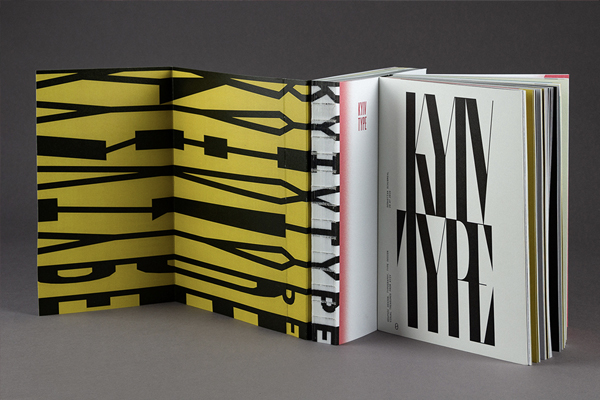KYIV TYPE is a magnificent title designed by Sebastian Schubmehl as a bachelor thesis project that focuses on the design scene in Kyiv, the capital city of Ukraine. The book places itself on a middle ground between a typical Coffee Table Book and an emotional view of the city, including its inhabitants and a specialized design publication. The 304-page paperback is a beautiful showcase of Schubmehl’s skill and talent – and any Type lovers’ dream come true.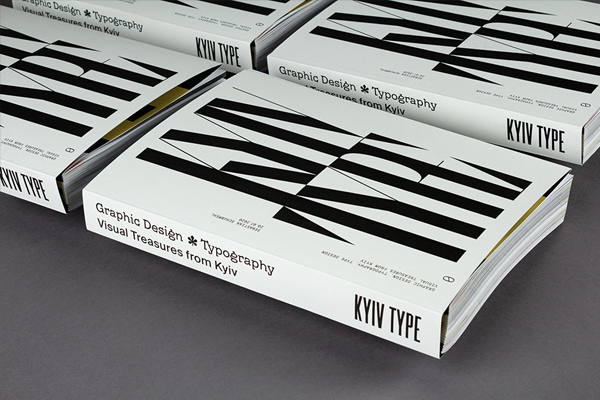
KYIV TYPE beautifully ties together Sebastian Schubmehl’s love towards the art of type and skill for conceptional design
Trier, Germany based Schubmehl is a self-confessed type-nerd, which is evident in the quality and concept of KYIV TYPE. The book beautifully ties together Schubmehl’s love towards the art of letters and conceptional design.
The visual storyline of the book is built around a collection of design and typography objects and photographs that the designer collected during his stay in the capital city of Ukraine. They give an overview of what types of outdoor design, signage, posters, postcards, print publications, and more you might come across on a trip to present-day Kyiv. The book also provides an overview of the history of Kyiv, the Ukrainian language, and an emotional view of the city and its inhabitants. For this purpose, designers as well as all other citizens – old and young, poor and rich – are invited to speak.
As a spacious, green, and open city, Kyiv carries a certain seriousness within itself. The open and printed book spine, the large, almost bulky format, the color scheme, and the open feel of the Munken Pure Rough 150 g/m2 paper, helps to reflect the character of the city.
Even though no previous knowledge of Kyiv or typography is required to enjoy the book, don’t be surprised to fall in love with both by the end of the last page
Yet all the contents of the book have been edited in such a way that they are suitable for people completely unfamiliar with the subject and typography – no previous knowledge is required. The individual chapters benefit from each other but are not based on each other so that random access to all chapters is possible, Sebastian Schubmehl writes.
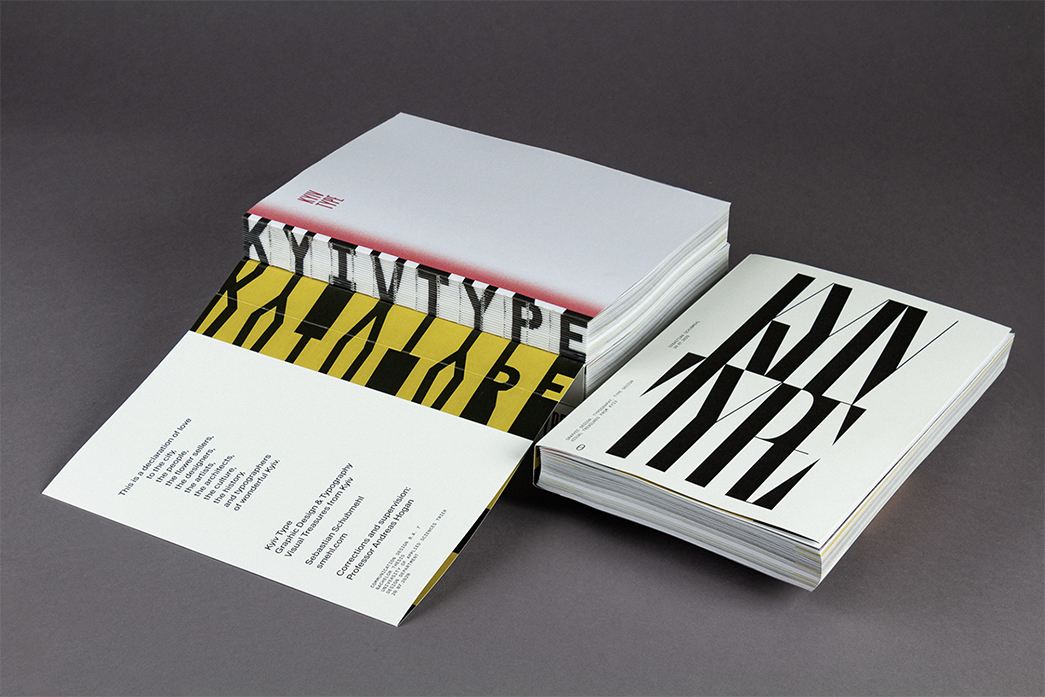
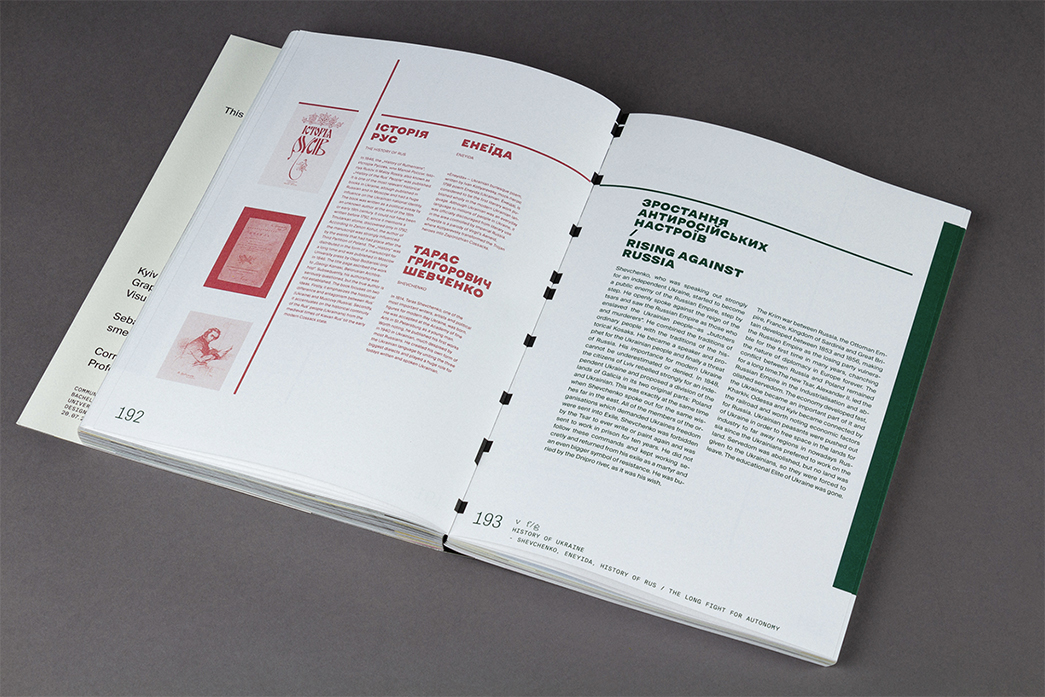
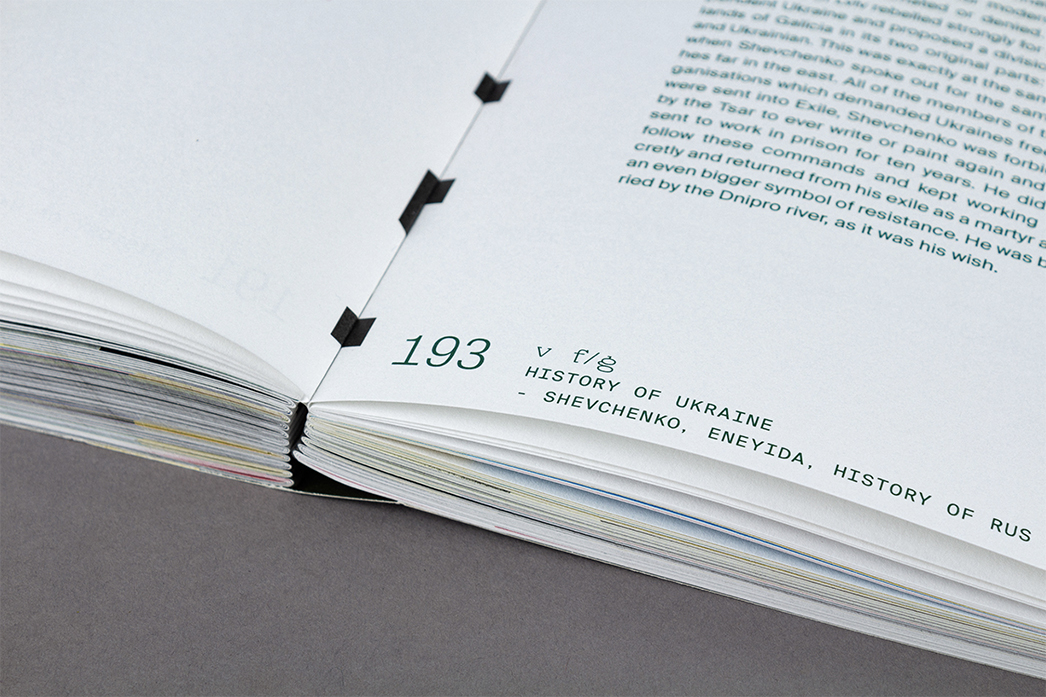
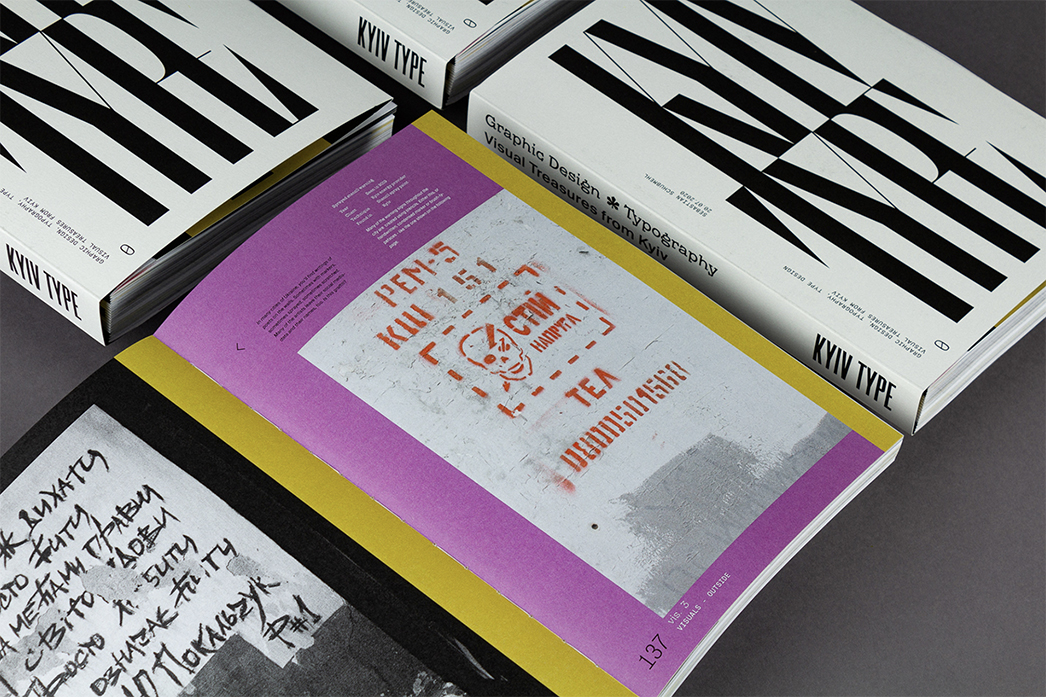
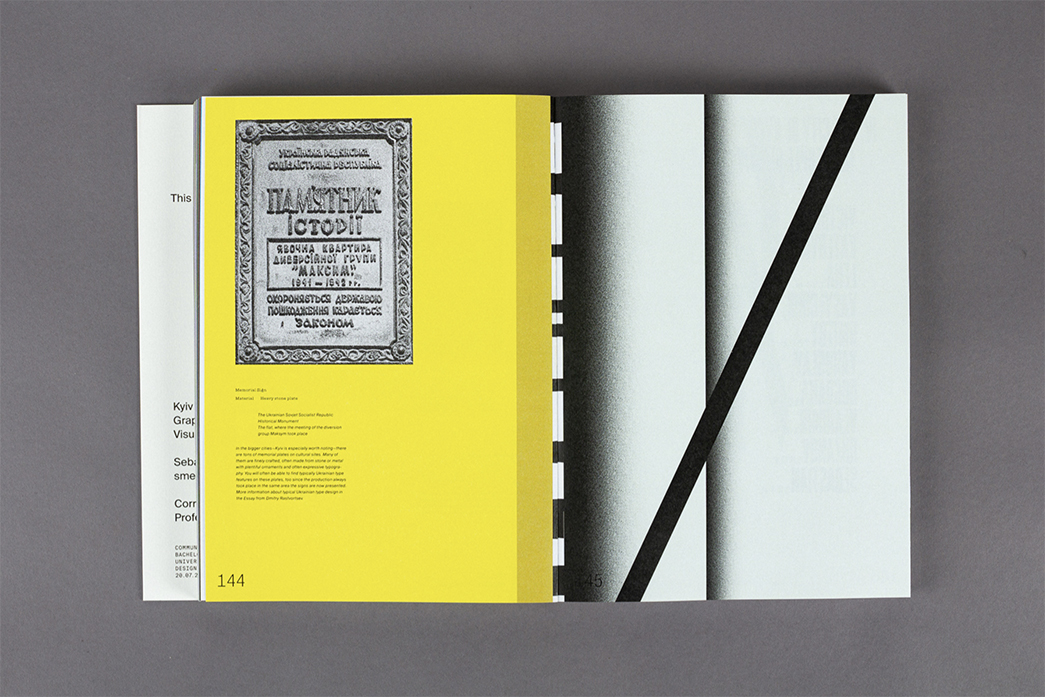
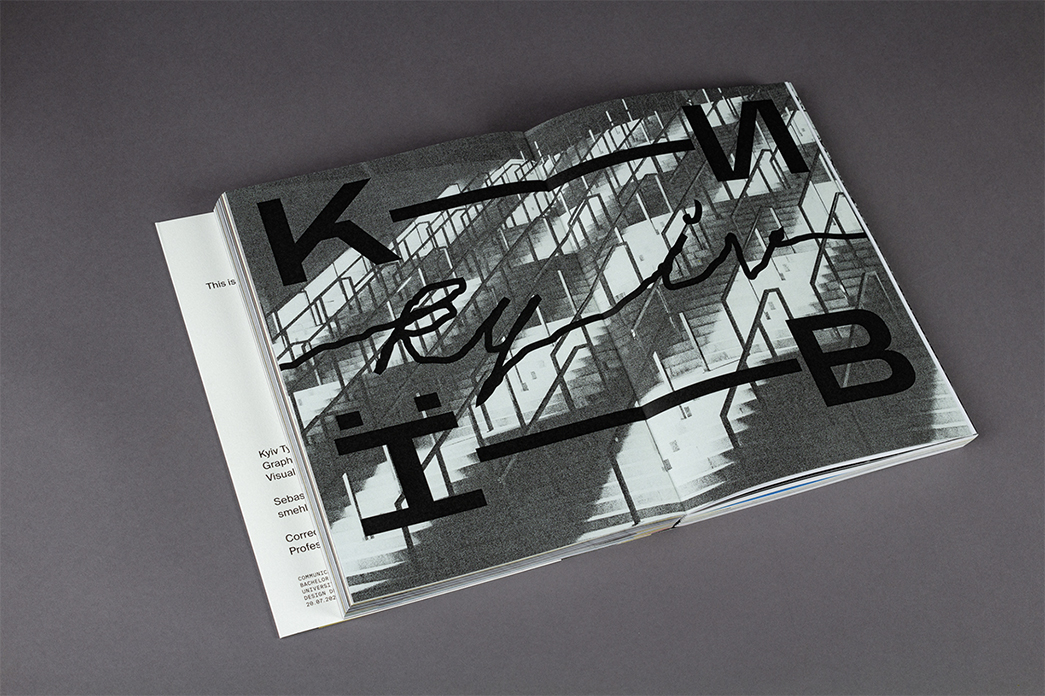
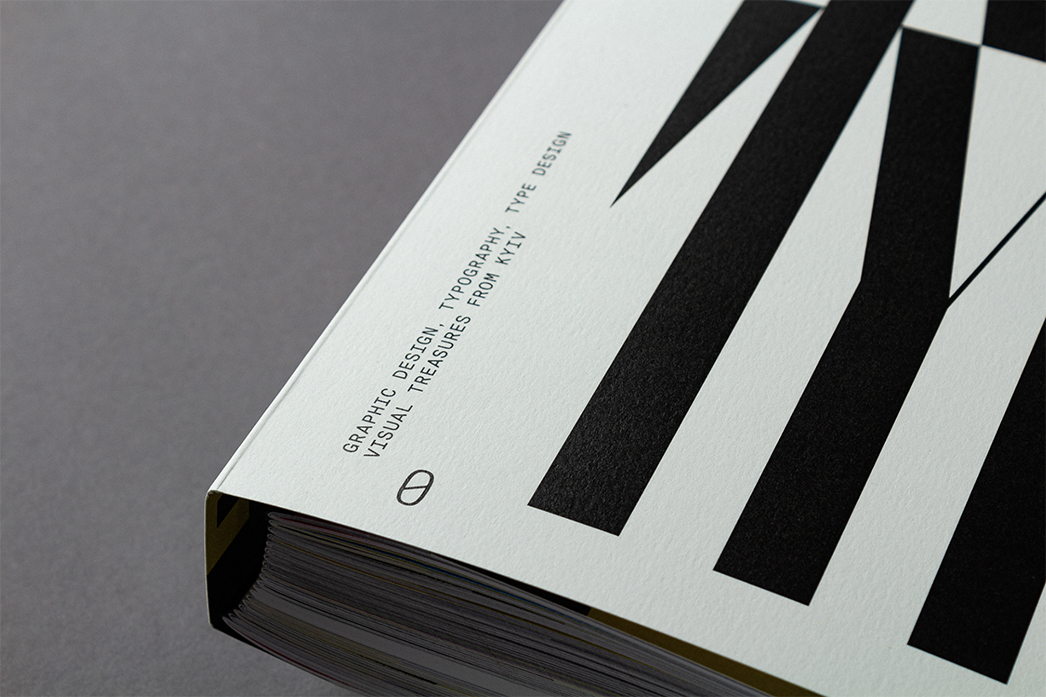
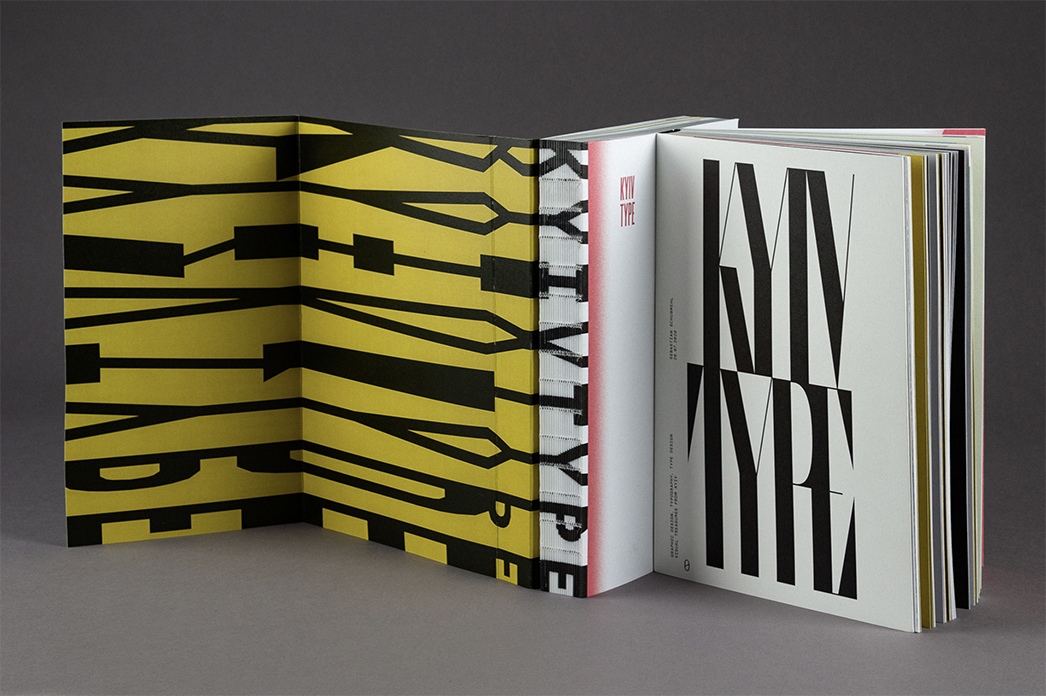
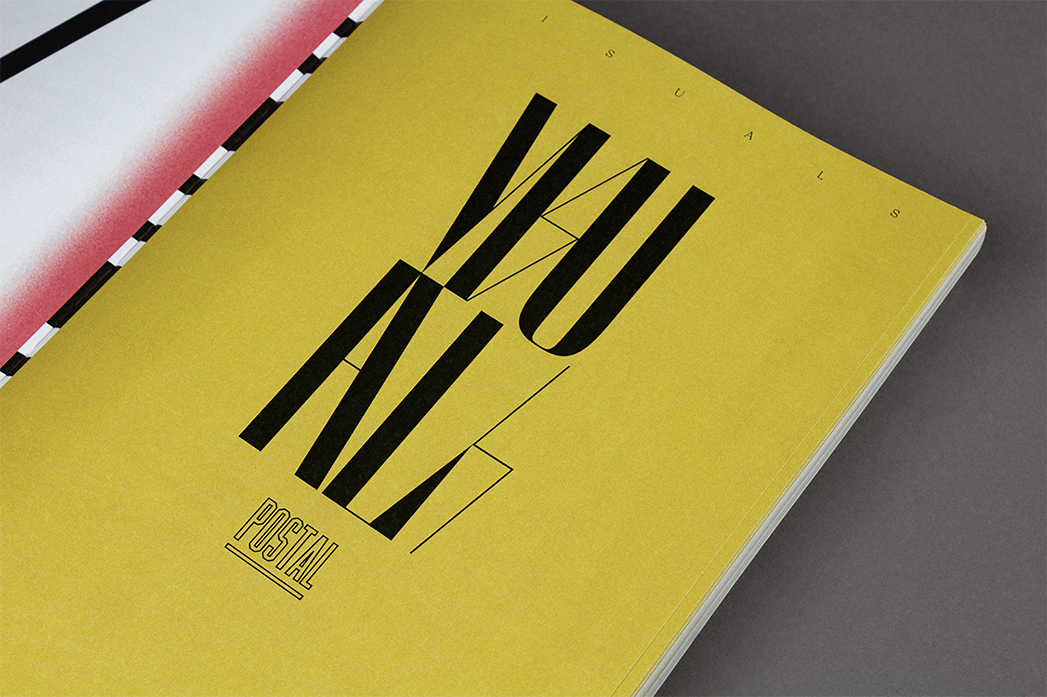
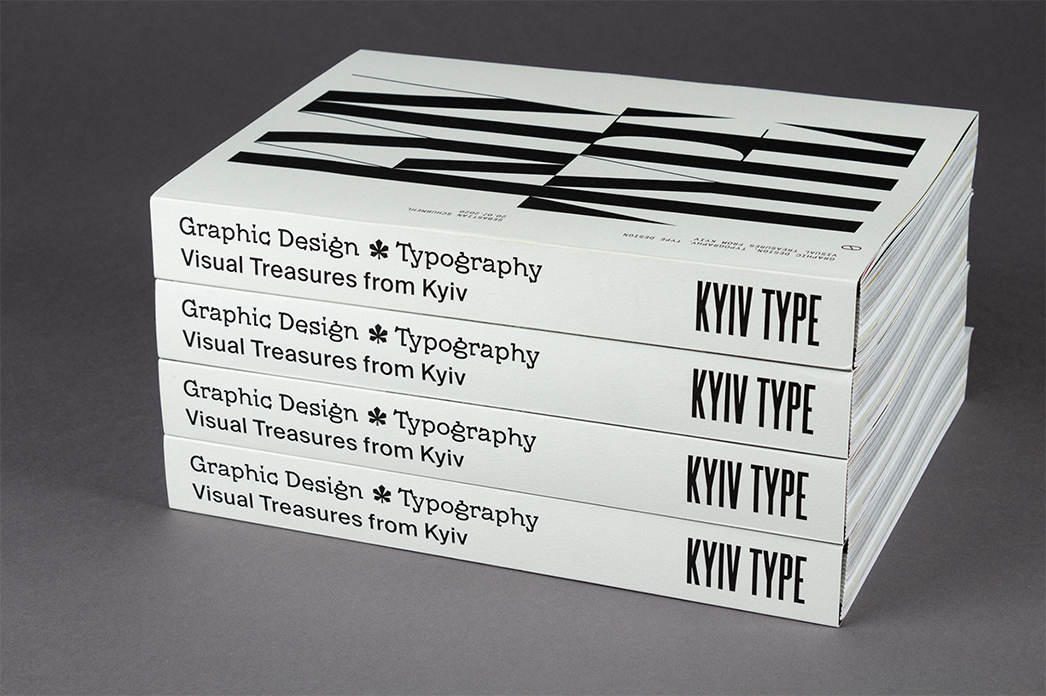
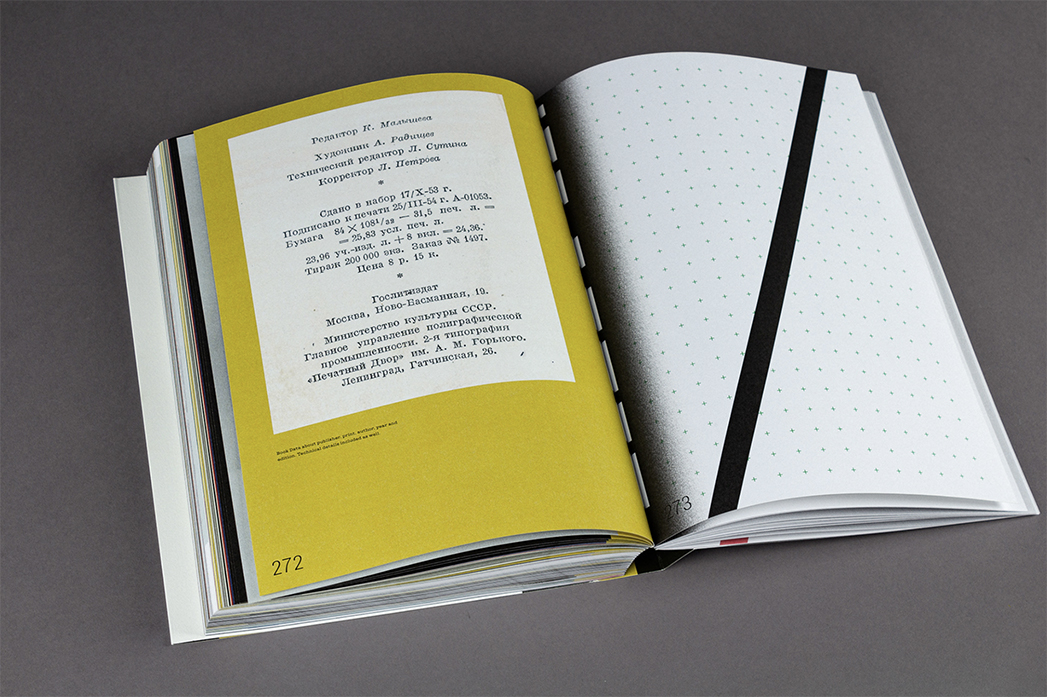
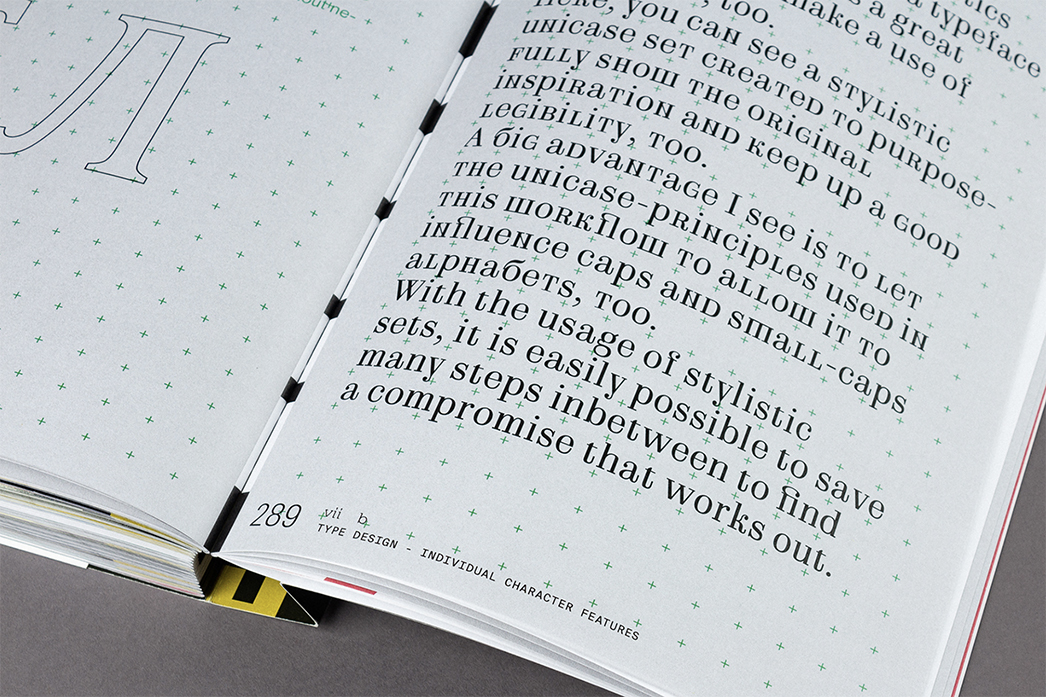
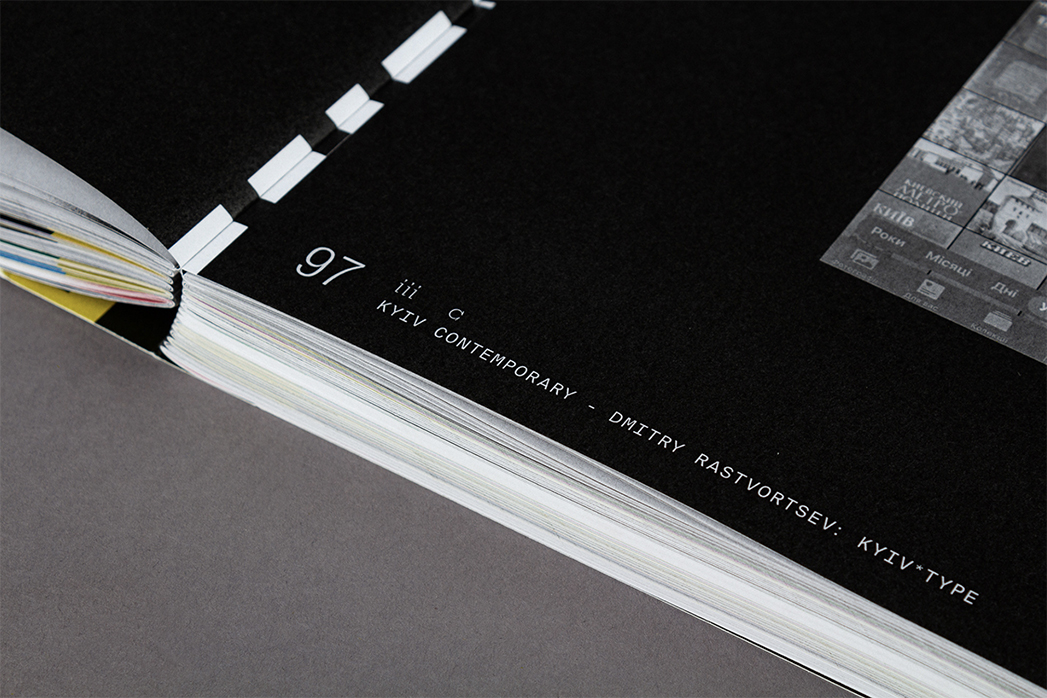
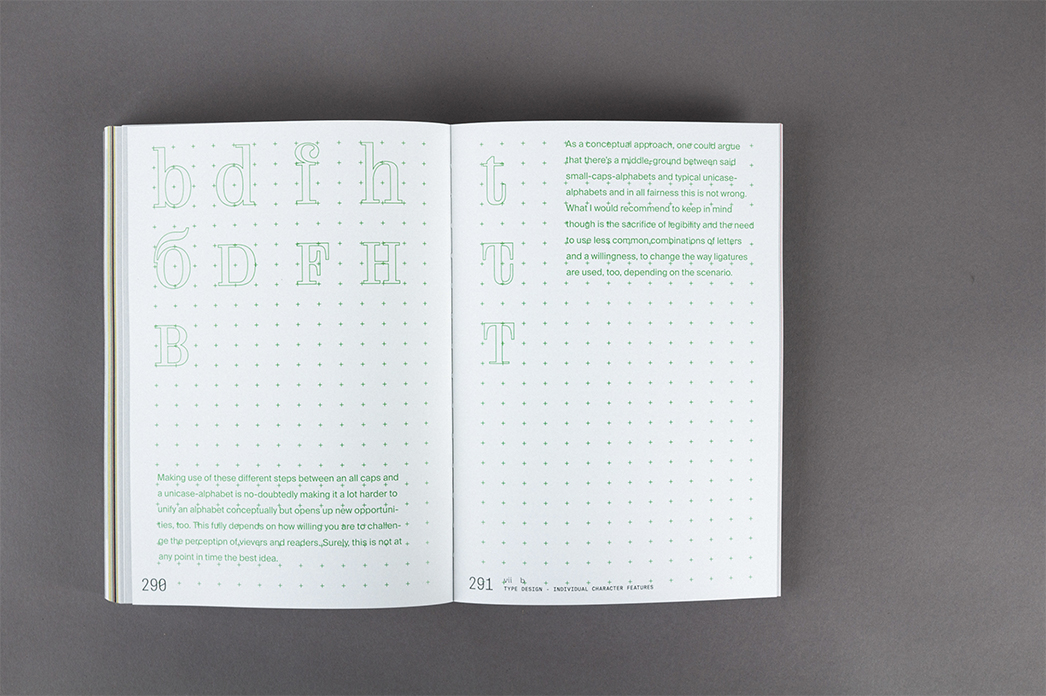
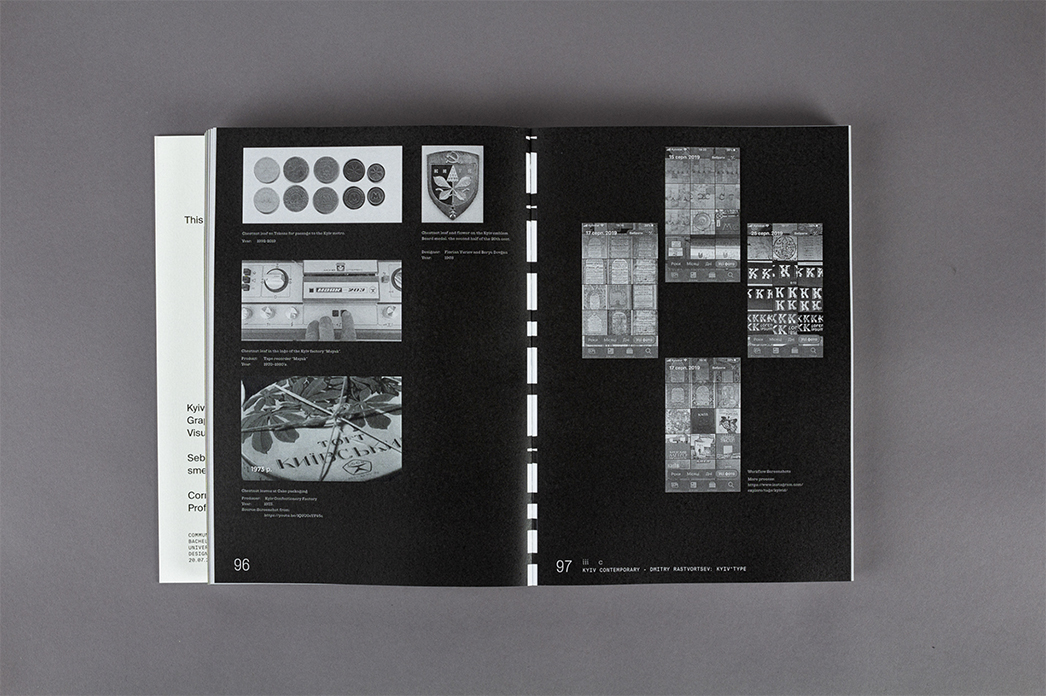
Images © Sebastian Schubmehl

